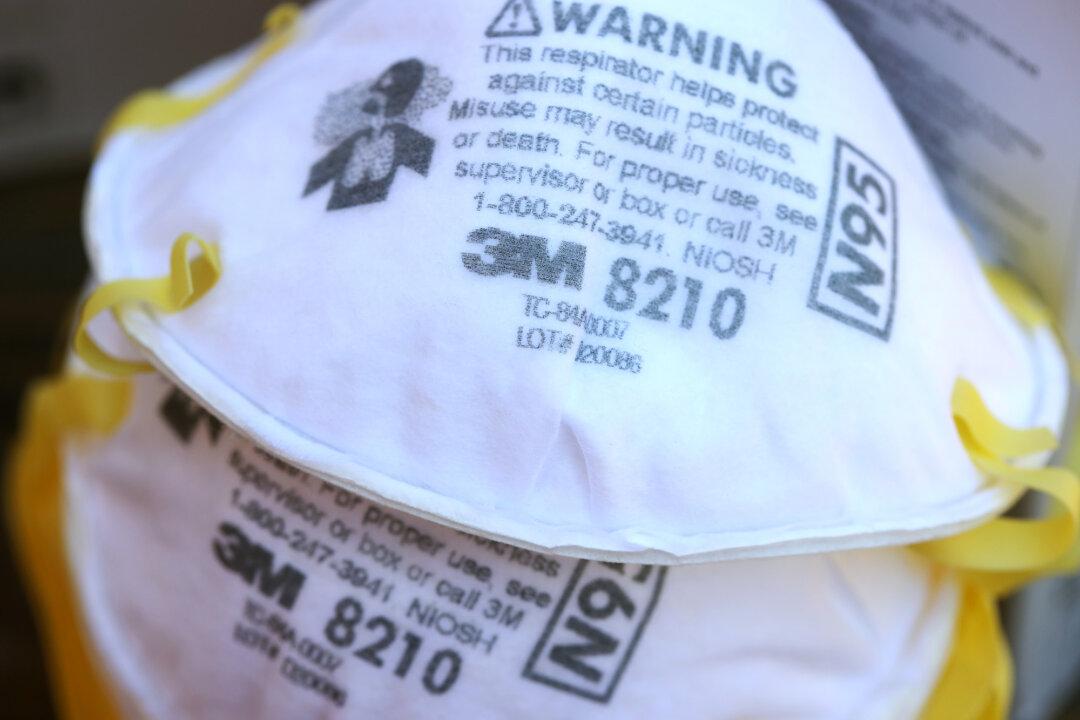The Centers for Disease Control and Prevention (CDC) updated its mask guidance on Jan. 14, advising more Americans to wear masks such as the N95 or KN95 respirators largely used by health care workers, for the most protection against COVID-19.
The federal health agency removed concerns that those kinds of masks are in short supply and should only be used by those in the medical sector. In its update, the CDC underscored that properly fitted N95 and KN95 masks offer the most protection, saying that the shortages are no longer a concern.





